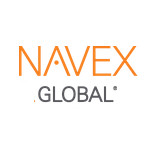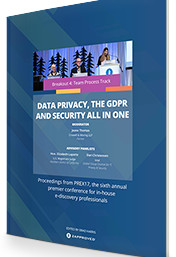11th Circuit Benchslaps Biglaw Partner and District Court for Not Following Order
 Above the Law examines a case in which a district court and a lawyer got into trouble with the 11th Circuit when the lower court took the lawyer’s advice not to apply the circuit’s ruling in a remanded case.
Above the Law examines a case in which a district court and a lawyer got into trouble with the 11th Circuit when the lower court took the lawyer’s advice not to apply the circuit’s ruling in a remanded case.
Kathryn Rubino explains that the dispute dates to 2011, when Winn-Dixie grocery store company sued more than 100 dollar stores for violating exclusivity provisions in their lease agreements. The 11th Circuit ruled in the appeal and sent the case back to the district court for application.
The problem arose when lawyers for the dollar stores persuaded the district court not to apply the ruling.
The judges singled out Troutman Sanders lawyer Brian P. Watt for statements urging the lower court not to follow the circuit’s mandate.
“Needless to say (or maybe not), a district court cannot amend, alter or refuse to apply an appellate court’s mandate simply because an attorney persuades the court that the decision giving rise to the mandate is wrong, misguided or unjust,” the panel said.
Read the Above the Law article.












